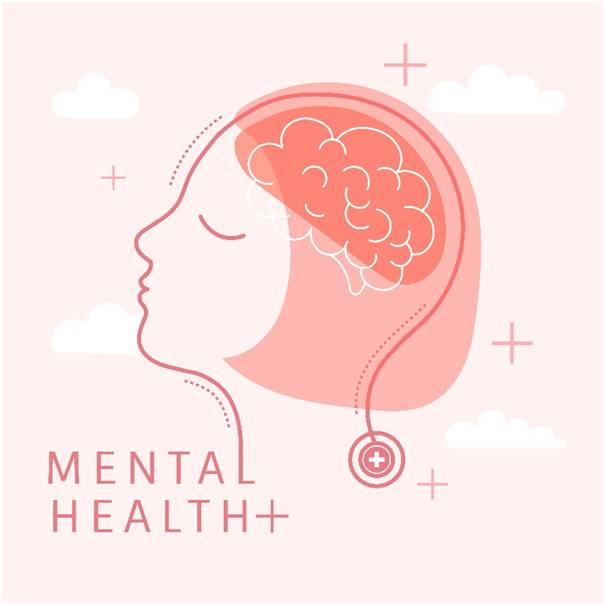Mental Health issues have grown exponentially and it may be fair to raise the level of urgency on mental health issues to be pandemic.
Within Mental Health, the most important issues that need to be addressed today are the rise in Anxiety and Depression.
A pre-COVID Lancet study revealed that in 2017, 197.3 million (14.3% of the total population of India suffered from mental health ailments), including 45.7 million who suffer from Depressive disorders and 44.9 million from Anxiety disorders.The COVID-19 pandemic has had a major effect on everyone’s lives and many people are facing challenges that can be stressful, overwhelming, and cause strong emotions in adults and children.
The National Mental Health Survey of India, 2015-16 found that 80% of the people with mental health issues did not receive treatment for over a year and there is a huge treatment gap across different mental health disorders, ranging from 28% to 83%. The stigma and treatment gap associated with mental health disorders is widely prevalent across the states, and the role of Faith-based organizations(FBOs)should be explored.
Faith-based organizations are organizations whose values are based on faith and a set of beliefs. There has been no evidence of the positive or negative impact of faith-based organizations but due to the absence of a robust mental health system, many people turn to faith to seek solutions for their problems. The FBOs could play a vital role in bridging the gap in creating awareness, removing stigma and directing to qualified practitioners for diagnosis and treatment.
According to research conducted by a Chennai based organization- Schizophrenia Research Foundation , it is seen that over 70% of people first seek help from Faith-based organizations and Faith-based healers (FBHs) before seeking professional help from a mental health practitioner.
The reason why most of the people may be turning to Faith-based organizations is, because Faith-based organizations and Faith-based healersgive external causes to the person suffering from a mental health disorder. But in allopathy, the mental health professional will give internal causes as per the mental health condition which might be difficult for the person to accept and hence the inclination towards FBHs & FBOs. In India, people prefer to seek help through faith-based organizations due to their socio-cultural preferences and also due to the lack of infrastructure in the country. Most of the psychiatrists in India work in either metros or big towns and the treatment gap is massive in semi-urban and rural areas.Research has indicated a positive correlation between Faith and Mental health.
Innovative approach: A unique program of the Government of Gujarat and Altruist called “Dava and Dua Program”seems to be leading the way for mental health professionals to reach out to those who come to religious places in search of a cure for their mental health problems. It is based on the system to provide modern scientific mental health services along with traditional beliefs to the people visiting, for mental health issues. Even going by our ancient Indian belief, Dava (Medicine) and Dua (Prayers) is believed to cure problems faster.
FBOs & FBHs provide guidance, support and empathy to those suffering from mental health issues. They can provide a mechanism to educate individuals and families about mental health and increase awareness. This can address the stigma associated with mental health and reduce discrimination making it easier for people to seek help. FBOs & FBHs should have a long-term strategy and should be channelized, standardized and supported with evidence-based tools using technology. FBOs & FBHs should work in association with mental health professionals, government and other stakeholders to address the awareness of mental health issues and remove the stigma associated with it. The amalgamation of Faith and Science mayhelp support and alleviate the burden of Mental Health at the primary care level.
Ms. Ashima Singh holds a Masters Degree in Public Policy from Queen Mary University of London. She is passionate about Mental Health and wants to work for the welfare of the people. With her work, she aims to enhance the quality of governance and contribute to the development of the country.She is Project Associate at the Public Policy think tank- World Intellectual Foundation.

